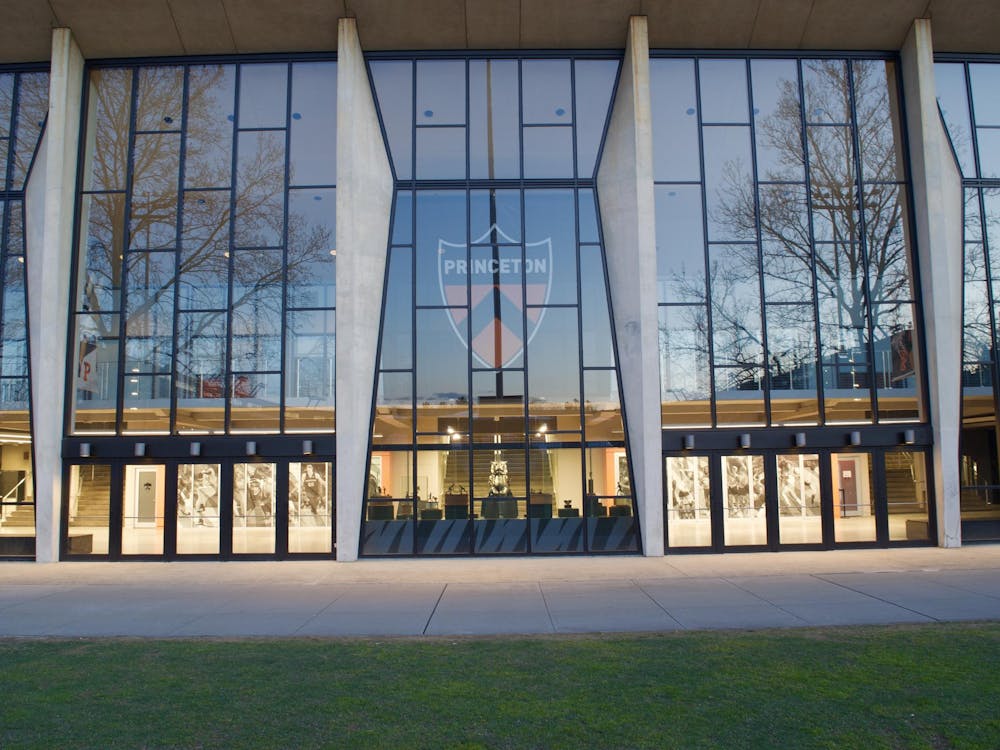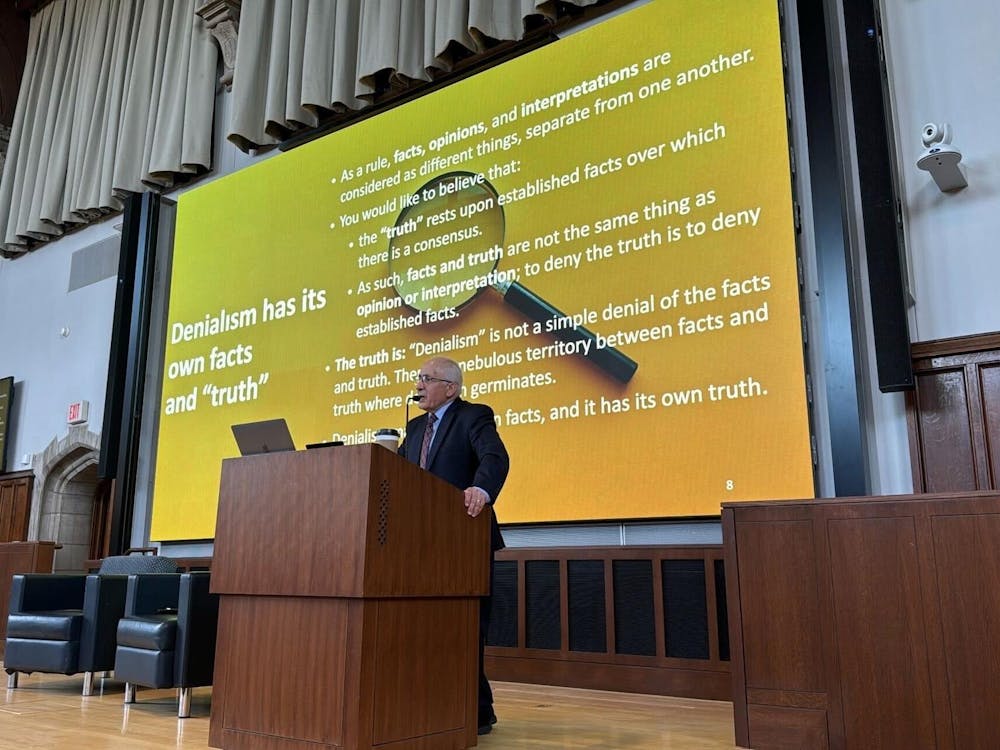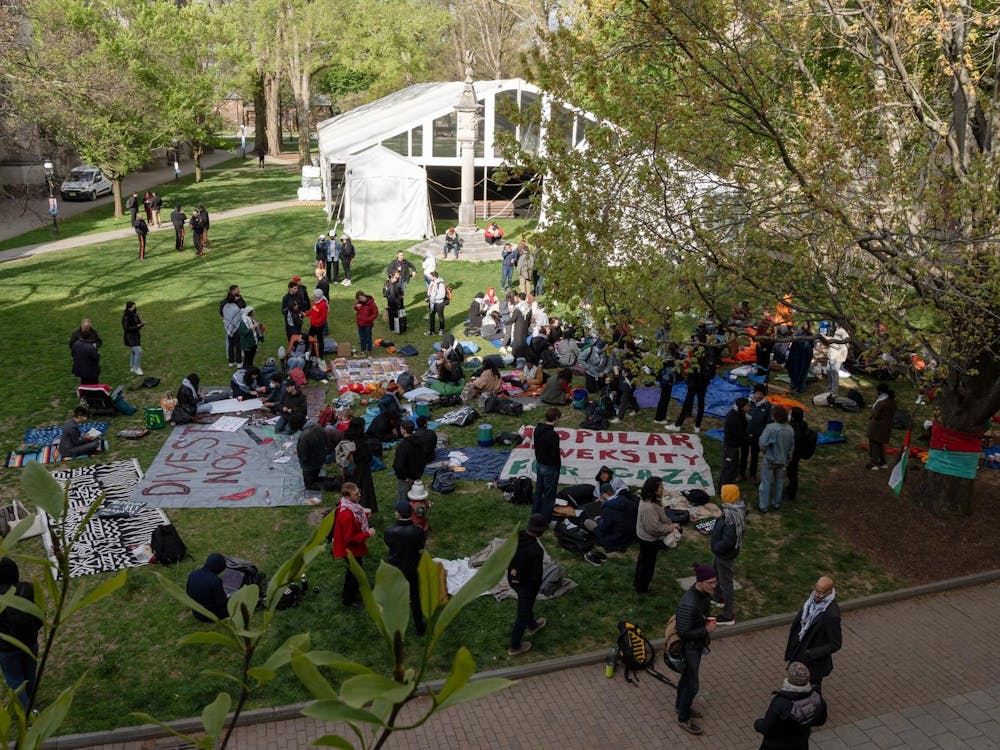Rino Rappuoli, global head of vaccines research for Novartis Vaccine and Diagnostics, posed the possibility of a meningitis-free world in a lecture last Thursday.
Rappuoli, developer of the Bexsero meningitis B vaccine that is being administered by the University, walked the audience through the immunological history of the meningococcus bacteria and the discovery and usage of Bexsero.
He opened up the lecture by explaining the chemical and biological structure of the meningococcus bacteria.
As soon as they enter the blood system, the bacteria multiply rapidly and pass the blood-brain barrier, which separates blood from brain fluid, causing inflammation of the meninges, Rappuoli said. Death may occur within 48 hours of contracting the disease.
Rappuoli noted that when meningitis was first reported in 1805, more than 80 percent of those who contracted the disease died. This pattern continued until the beginning of 1900, when an effective antiserum was developed and the mortality rate decreased to 30 percent.
With the discovery of penicillin in the late 1920s, the rate went down again to as low as 15 percent, but since then no progress in treatment has been made.Rappuoli said that about 25 percent of survivors of meningitis also have lifelong complications, such as amputations.
“The only way you can think, then, about preventing meningitis is through vaccination,” Rappuoli said.
A vaccine to combat meningitis Cwas developed in the early 1990s and was effective in inducing high levels of antibodies in infants.
However, the capsules of the meningitis B strain cannot be used for vaccination because they do not provoke immune responses in healthy people.
“[Meningitis] B has a capsule that is identical to a sugar,” Rappuoli explained. “Our immune system does not see [it] as a foreign invasion.”
However, Rappuoli and his team were able to use unconventional methods to create what is now the Bexsero vaccine for meningitis B.
Through reverse vaccinology, a vaccine discovery process pioneered by Rappuoli that studies a pathogen's genetic information, about three to four potential vaccine candidates were extracted from the initial 600.

Rappuoli then discussed the clinical studies and the global policy implications. According to him, a new Meningococcal Antigen Typing System, a testing procedure developed in conjunction with reference labs worldwide, showed that Bexsero is able to combat multiple strains of meningitis B. In late 2012, the European Medicines Agency licensed Bexsero.
However, he said, the vaccine was not initially portrayed in positive light by all media sources. He quoted the Joint Committee on Vaccination and Immunisation, an independent expert advisory committee of the United Kingdom Department of Health, which did not recommend immunization using Bexsero.
He claimed that the University played an important part in helping Bexsero get more attention, stating that on April 1, the meningitis B vaccine received breakthrough therapy designationfrom the Food and Drug Administration.
He ended the lecture by thanking the University for beginning a vaccine research study and announced that the vaccine is on the move globally, noting that it will soon be available in Canada and Italy.
The University will administer another round of vaccinations in the next month for University-affiliated individuals under 30 years of age who have been in intimate contact with students.
The lecture was followed by a Q&A session and public reception.It took place at4:30 p.m. in the Lewis Thomas Laboratory Auditorium and was co-sponsored by the Princeton Public Health Review and the Wilson School’s Center for Health and Wellbeing.








